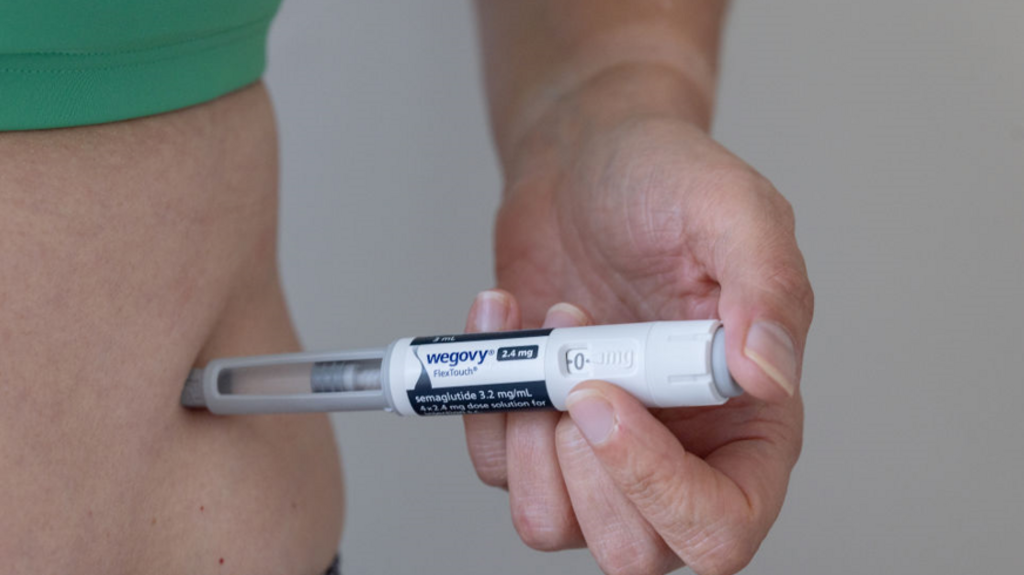Novo Nordisk, the Danish pharmaceutical company behind Wegovy and Ozempic, has cautioned that its full-year revenue and earnings growth will likely fall short of previous expectations, citing the increasing presence of “knock-off” weight-loss medications in the market.
Following the revised outlook, Novo Nordisk’s stock price experienced a sharp decline of over 20%. This announcement coincided with the appointment of Maziar Mike Doustdar as the new chief executive, succeeding Lars Fruergaard Jørgensen, whose departure was unexpectedly announced in May.
Doustdar, currently serving as Novo Nordisk’s executive vice president of international operations, is set to assume the CEO role on August 7.
In addition to the anticipated slower growth of Wegovy in the U.S. obesity treatment market, Novo Nordisk also indicated that Ozempic sales to American patients with diabetes are projected to be lower than initially forecast.
The market capitalization of Novo Nordisk has diminished as alternative weight-loss therapies have entered the competitive landscape.
In its recent trading update, Novo Nordisk asserted that there has been an increase in “unsafe and unlawful” drugs since May. The company stated that it “is pursuing multiple strategies, including litigation, to protect patients from knock-off ‘semaglutide’ drugs”.
Semaglutide injections are commonly prescribed for diabetes management, but they have gained widespread popularity in recent years among individuals seeking weight loss, particularly following the COVID-19 pandemic-induced lockdowns.
While Novo Nordisk attributed the downward revisions in sales and profit growth to competitor drugs and its own measured expansion efforts, some analysts suggest that the company’s response to the burgeoning market of individuals willing to pay out-of-pocket for weight-loss treatments has been sluggish.
Markus Manns, a portfolio manager at Union Investment, a Novo Nordisk shareholder, commented that the company’s “problems are much deeper” than just Wegovy’s performance in the U.S. market and extend to the international arena.
“Novo has underestimated the self-pay market in obesity and just recently started to focus on this important patient segment,” he added.
Manns also described the adjustments to Novo’s growth outlook as “a shocker”. The company now anticipates full-year profit growth of 10% to 16%, a reduction from the previous forecast of 16% to 24% in May.
Sales are now projected to increase by 8% to 14%, compared to the earlier estimate of 13% to 21% provided in May.
Benjamin Jackson, an analyst at Jeffries, questioned Novo Nordisk’s decision to appoint an internal candidate as Jørgensen’s successor.
Doustdar initially joined Novo Nordisk in 1992. The company affirmed that his appointment was “as the result of a comprehensive process that included external and internal candidates”.
However, Jackson stated, “We are surprised by the appointment of Mike Doustdar as chief executive with feedback suggesting an external candidate may have been preferred.”
A new charity could be created from the ashes of Mental Health Aberdeen which closed after 75 years.
Surgeons carry out over 1,000 operations annually to remove sun-related skin cancers, says doctor.
The screening is part of the drive to fight superbugs that are resistant to common antibiotic drugs.
A group of girls who are autistic publish a magazine to create community for “isolated” people.
The Recovery College is highlighting its work after expanding across the Black Country and Wolverhampton.

